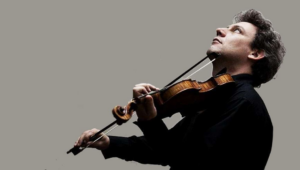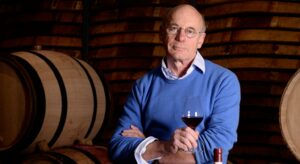Masanobu Fukuoka is an agricultural engineer who, in materially and morally ruined post-war Japan, goes to live as a hermit in the mountains. To grow food alone, he invented, in opposition to his education and all his previous experience, what he called “wild agriculture”.
We can imagine that rice cultivation is one of the most demanding in terms of human labor, water, fertilizers, etc.
Fukuoka will demonstrate, patiently, that we can obtain very honorable harvests without flooded terraces, without transplanting, without weeding, without fertilizer and above all without plowing. This requires thinking differently, imagining or finding all the solutions that make it possible to recreate a complex eco-system, of associating plants together through successions of adapted crops, of inventing a multitude of “tricks” to protect crops from drought, disease, “weeds”, birds, rodents.
Intervene as little and as lightly as possible, guide nature tactfully and then let it work. Neither plowing nor toil. This is how “wild farming is gentle and easy”.
This wild agriculture is of course largely at the origin of organic farming. But “organic” by becoming a standard and a label, condemns itself to caricatured simplifications and makes us lose sight of the essential, which is the spirit.
Fukuoka’s work is nourished by the Taoist conception of the world according to which man is neither at the center of nature, nor above, nor below, nor next to it. Man is one of the “ten thousand beings” who populate the universe, inseparable from nature, neither more nor less indispensable than each of the other beings.




